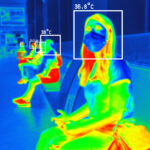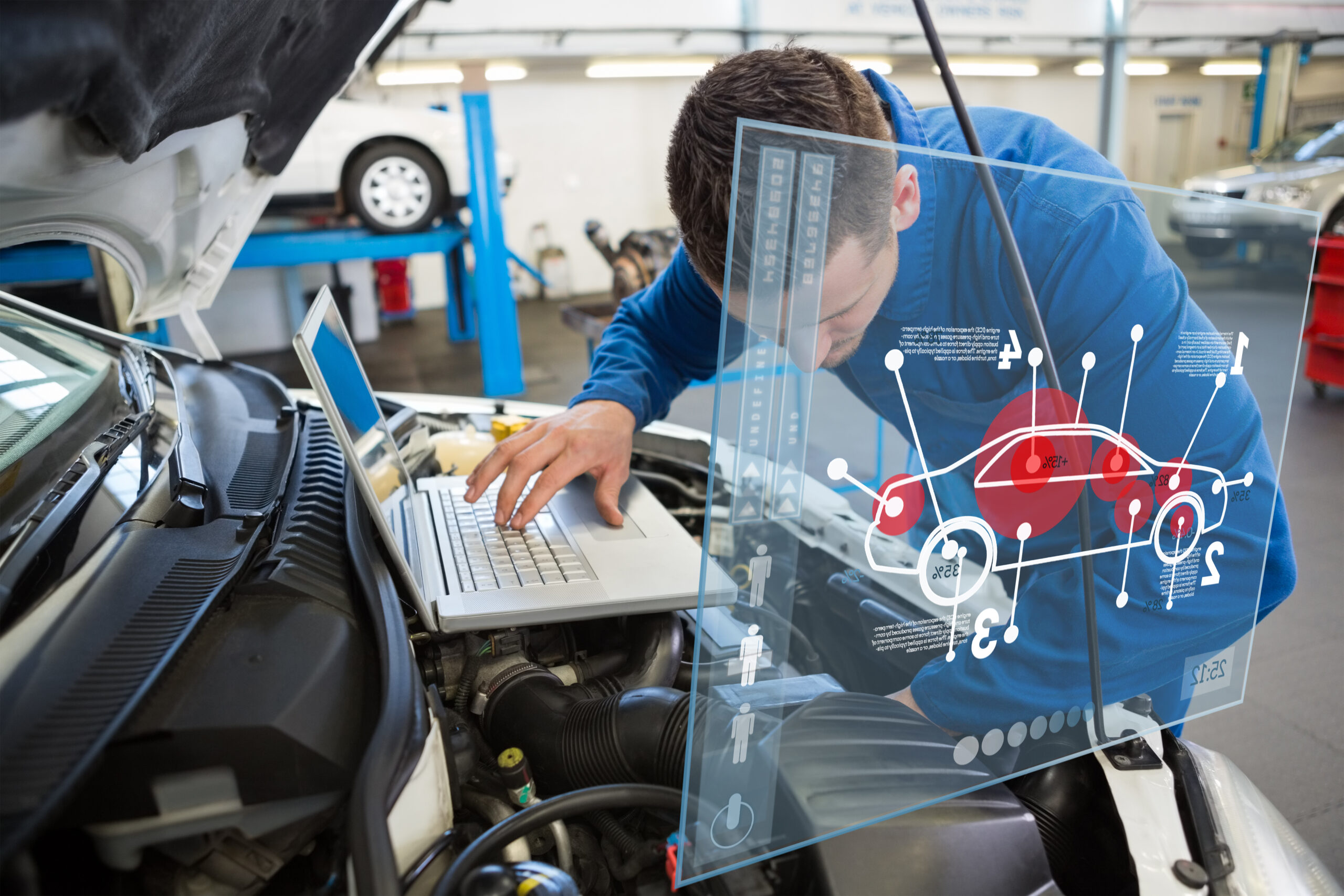
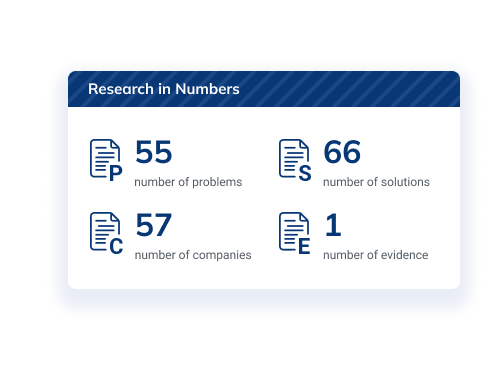 Driving Transformation through Automobile Customization
Driving Transformation through Automobile Customization
Personalization has emerged as a key differentiator for companies at every stage of the automotive supply chain, transforming the conventional driving experience into something far more individualized.
This trend takes automobile customization to the next level by harnessing data and advanced technologies to curate highly personalized experiences. Drawing on the example of companies like Amazing and Netflix, automakers are factoring in the unique preferences of drivers and passengers alike to build brand affinity and increase customer retention.
The scope of personalization in vehicles extends well beyond mere aesthetics. It now encapsulates a wide array of functionalities, such as:
- Sophisticated infotainment systems,
- Predictive service,
- Automated climate control,
- Ambient lighting,
- Enhanced safety features tailored to driver behavior and conditions,
- And so much more.
Although this degree of auto customization is fairly new, it is rapidly gaining traction. This evolution significantly shifts from traditional, one-size-fits-all offerings to more user-focused solutions, marking a sea change for the automotive industry. But before we can understand where the automotive industry is headed, let’s examine the evolution of this trend.
The Evolution of Automobile Customization
We can trace the beginnings of this trend to automobile customizations that affected the aesthetics and function of the car – things like:
- Adjustable suspension
- Paint colors
- Wheel designs
- Interior finishes
This era of personalization focused on expressing individual styles and preferences within a limited scope. Yet, as technology advanced and consumer expectations evolved, the industry shifted toward more digitally oriented personalization, such as:
- Interior cameras
- Biometric sensors
- Smart keys
These advancements brought about a level of car personalization that was both functional and interactive. For example, interior cameras and biometric sensors enable vehicles to recognize the driver and their preferences. Using this technology, the cameras and sensors would then be able to adjust the seat position, temperature and even driving modes for that specific driver. Similarly, smart keys go beyond unlocking doors to personalize the in-car experience based on the identified user.
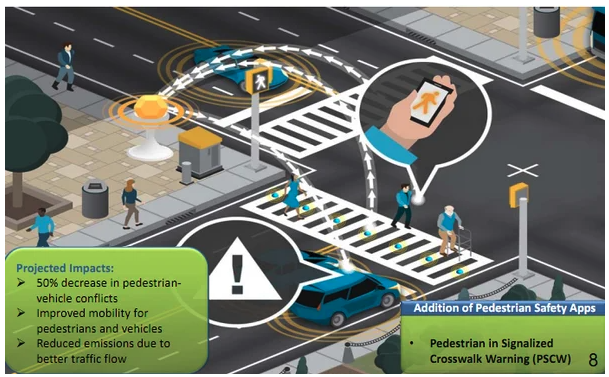
Beyond sensors, keys, and cameras, the vehicle-to-infrastructure (V2I) communication systems opened up new dimensions. These systems allow vehicles to communicate with:
- Traffic signals,
- Road signs,
- And other urban infrastructure elements.
These developments pave the way for more connected and responsive driving experiences. This technology enhances safety and contributes to a more seamless and efficient journey.
This historical progression signifies a profound change from viewing cars as mere transportation to interacting with them as sophisticated digital hubs offering a unique blend of comfort, convenience, safety, and entertainment.
Car Personalization is More than a Passing Fad
The trend toward car personalization is not merely a reflection of consumer culture’s infatuation with luxury. It’s a strategic move to foster deeper customer engagement and loyalty.
By creating experiences that are not only enjoyable but also aligned with personal needs, automakers are setting new standards for customer satisfaction. This approach is pivotal in an era where customer experience is as crucial as the product – if not more so.
However, auto customization also has its hurdles. The industry must abide by stringent data privacy and security standards to maintain customer trust. Nevertheless – with the help of cloud user profiles, machine learning, and AI-driven services – auto manufacturers and service providers aim to revolutionize how we interact with our vehicles and navigate the world in the digital age.
Unveiling Opportunities in Automotive Personalization
The personalized in-vehicle market, valued at $1.3 billion in 2021, is on the brink of a monumental expansion, projected to soar beyond $8.5 billion by 2028.
This surge, indicative of a Compound Annual Growth Rate (CAGR) of 30.7% from 2022 to 2028, underscores the escalating demand for customized driving experiences. Such growth not only mirrors the consumers’ growing fascination with vehicle personalization technologies but also opens a vast realm of opportunities.
Automotive personalization is no longer a niche trend but a burgeoning sector that promises to redefine the driving experience. As personalization becomes integral to consumer preferences, automotive manufacturers, technology providers, and digital service companies stand at the cusp of a revolution.
This shift towards more tailored experiences in vehicles marks a pivotal moment for stakeholders to harness this potential, ensuring their offerings resonate deeply with individual consumer needs and preferences.
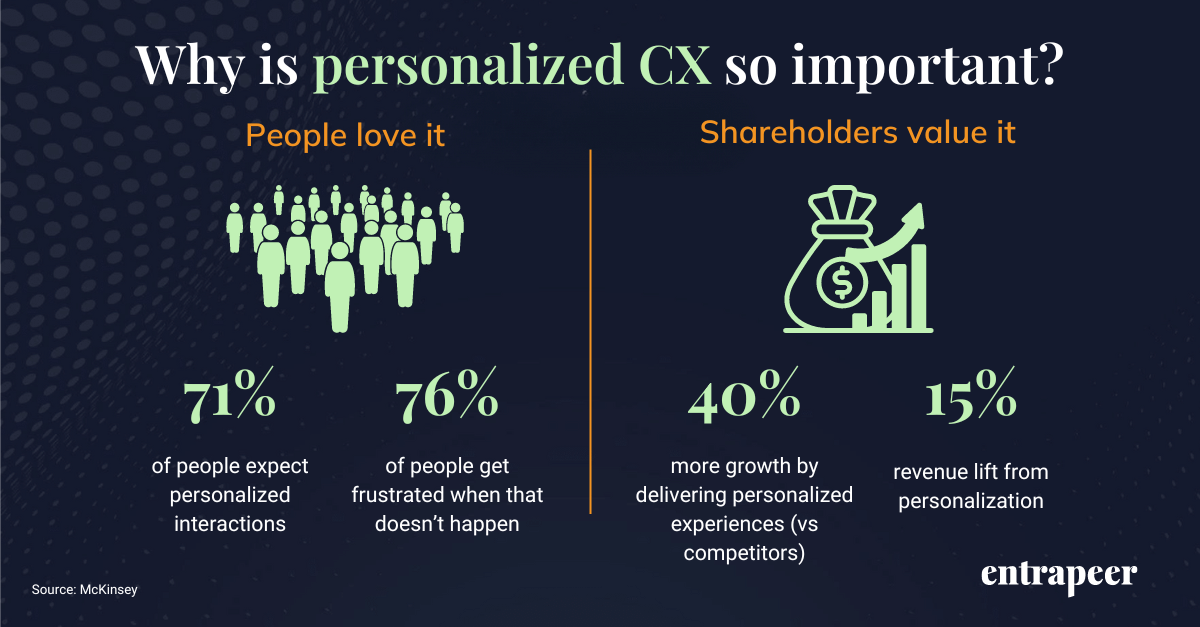
Integrating Acxiom’s Findings
Acxiom’s 2023 Automotive Customer Experience Study illuminates the critical role of personalized experiences in sculpting consumer choices and loyalty.
With only about half of American car consumers reporting personalized experiences on automotive websites, the study underscores a significant gap – and thus, a profound opportunity for market differentiation. A staggering 74% of respondents affirmed that personalized experiences would influence their next car purchase, highlighting the indispensable value of customization in fostering brand loyalty and driving sales.
This trend underscores personalization’s significance beyond mere vehicle features; it encompasses every brand interaction, digital or physical. By leveraging personal data for relevant offers and utilizing location-based services, automotive brands can enrich the customer journey, setting themselves apart in a fiercely competitive landscape.
As the industry evolves, integrating such personalized touchpoints will not only cater to consumer demand but also position automotive companies as leaders in a market where personalization is the ultimate differentiator.
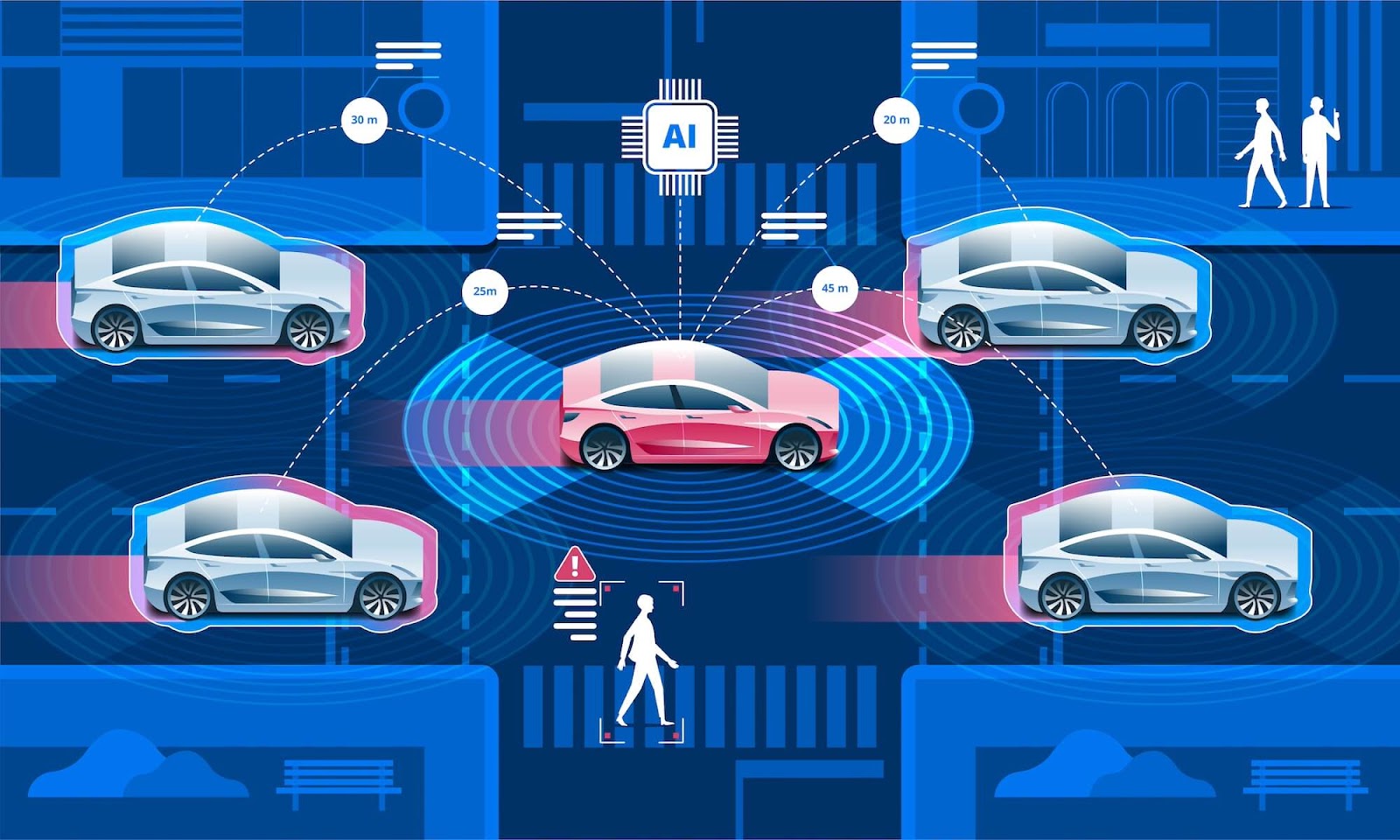
The Top 5 Trends in Personalized Automotive Experiences
The evolution of personalization in the automotive industry reflects a broader shift in consumer expectations.
Today’s consumers rely heavily on digital platforms and smartphones. Therefore, they expect similar customization and innovative interactions in their vehicles. This demand has propelled automakers to position their cars as platforms for digital experiences. Here are the five biggest trends of personalization in the automotive industry:
1. In-Car Comfort and Convenience
Modern users are looking for various features to maximize comfort and convenience. One of the features offered is interior preheating, which lets drivers conveniently set their desired cabin temperature before entering the vehicle. Personalized navigation systems go beyond basic route guidance to learn drivers’ habits, suggesting the most efficient routes based on their history and preferences. Lighting adjustments, too, have become more sophisticated with ambient lighting systems that adjust according to the time of day or the driver’s mood.
2. Enhanced Safety Features
Safety remains a paramount concern in vehicle design. Personalization technologies have significantly contributed to this area. Smart sensors embedded in vehicles can now monitor driver conditions, detecting signs of fatigue or distraction and issuing alerts. These sensors can also adjust safety features, like airbag deployment and seatbelt tension, based on the occupant’s size and seating position, providing tailored protection during a collision.
3. Maintenance and Service Personalization
The era of one-size-fits-all maintenance schedules is fading. Vehicles now come with systems capable of monitoring their health and suggesting maintenance or service based on individual vehicle data. While this approach enhances the vehicle’s lifespan, it also tailors its specific needs based on its usage and performance data.
4. Integration with Personal Data
Vehicles are becoming systems that integrate with consumers’ digital worlds. Integrating personal calendars and schedules offers a seamless experience. Personalization offers reminders of appointments and suggests the best routes to avoid traffic delays. This level of integration streamlines day-to-day activities, making the vehicle an integral part of the user’s digital ecosystem.
5. The Role of Telematics and IoT
Telematics and the Internet of Things (IoT) are critical in vehicle personalization. By leveraging real-time data collection, these technologies enable predictive personalization. Predictive personalization is the process of the vehicle adapting to the driver’s preferences and habits over time, ranging from adjusting the car’s handling characteristics to match the driver’s style to selecting the perfect playlist for the journey. Telematics and IoT make vehicles more responsive and attuned to individual preferences.
As showcased in this list, the automotive sector integrates personalization in diverse ways, ultimately revolutionizing how consumers think about and interact with their vehicles. As technology advances, we can expect even more innovative features that make our driving experiences safer, more comfortable, and deeply personalized.
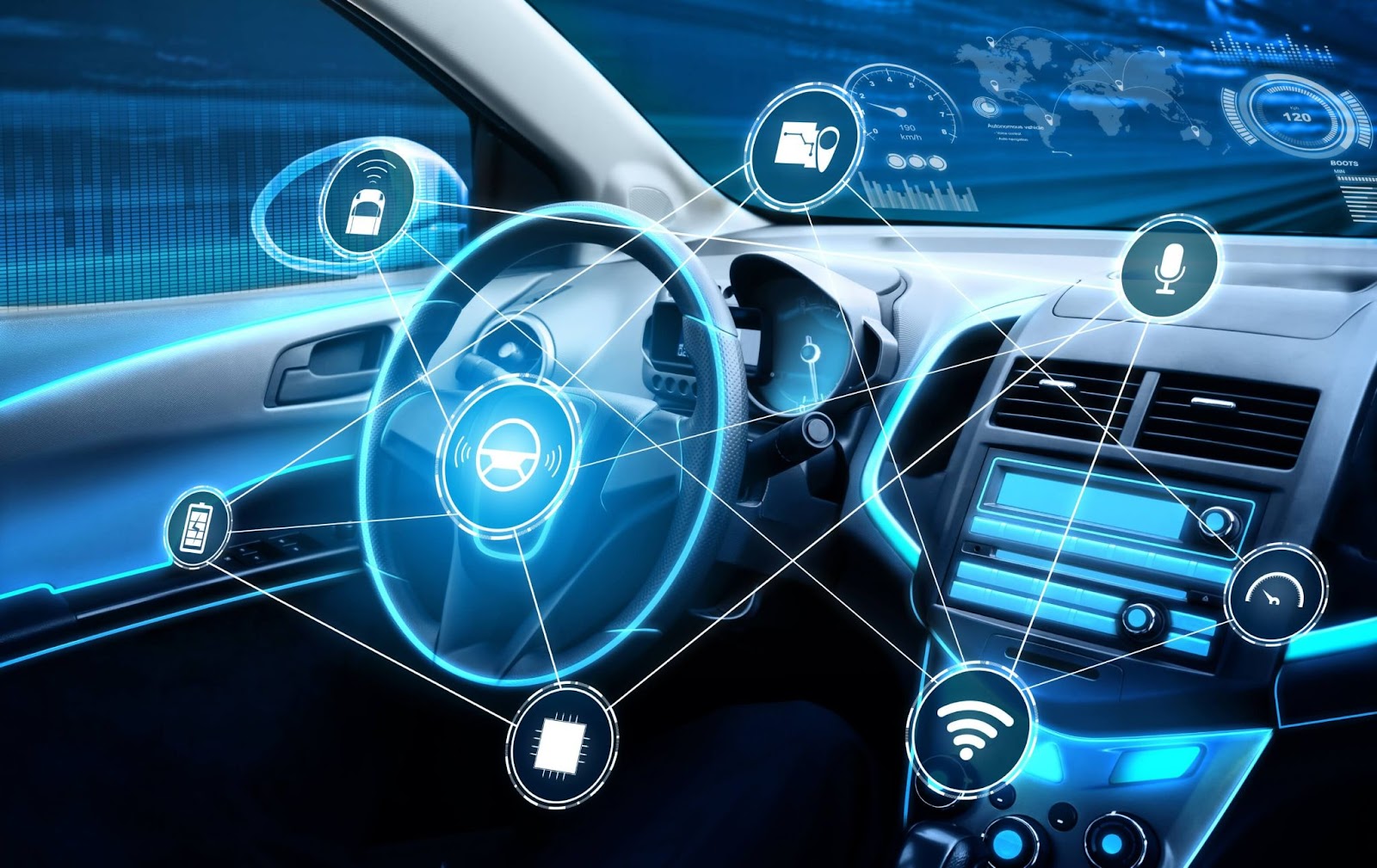
Navigating Challenges in the Road to Personalization
The automotive industry must overcome several challenges to harness the potential of technological advancements and fully embrace personalization. While intimidating, these challenges provide opportunities for both innovation and development. Here are the three main challenges that companies currently face with personalization in the automotive industry:
1. Data Privacy Concerns
In an era where digital personalization relies heavily on data, protecting consumer privacy is a paramount challenge. The collection, storage, and use of personal data raise significant concerns, particularly in light of stringent data protection regulations like the GDPR in Europe and various state-level laws in the United States. Automotive companies must ensure compliance with these regulations and build trust with consumers by transparently handling their data.
Finding a good balance between personalization’s benefits and data privacy needs depends on a strong framework. Companies must hold a strong framework that does the following:
- Respects user consent
- Uses advanced cybersecurity measures
- Keeps data from breaches and unauthorized access
2. Cost of Implementation
Another significant challenge lies in the cost of implementing advanced personalization technologies. High development costs for AI, AR/VR, and IoT technologies can be a barrier, particularly for smaller manufacturers. Strategic investments and collaborative efforts across different sectors is crucial for balancing features necessary to keep vehicles affordable. Companies must find creative ways to navigate these financial constraints. While also ensuring that the integration of advanced technologies does not disproportionately inflate the cost of vehicles.
3. Technological Complexity and Integration
Integrating advanced technologies into automotive and manufacturing designs is complex. As vehicles become more like mobile computing platforms, they require continuous updates and maintenance. Automakers must work hand in hand with technology providers to ensure seamless integration. Tech companies and automakers must also work together to maintain the highest standards of quality and reliability.
While significant, these challenges are not unobtainable. Effectively addressing them will be key to unlocking the full potential of personalization in the automotive industry.
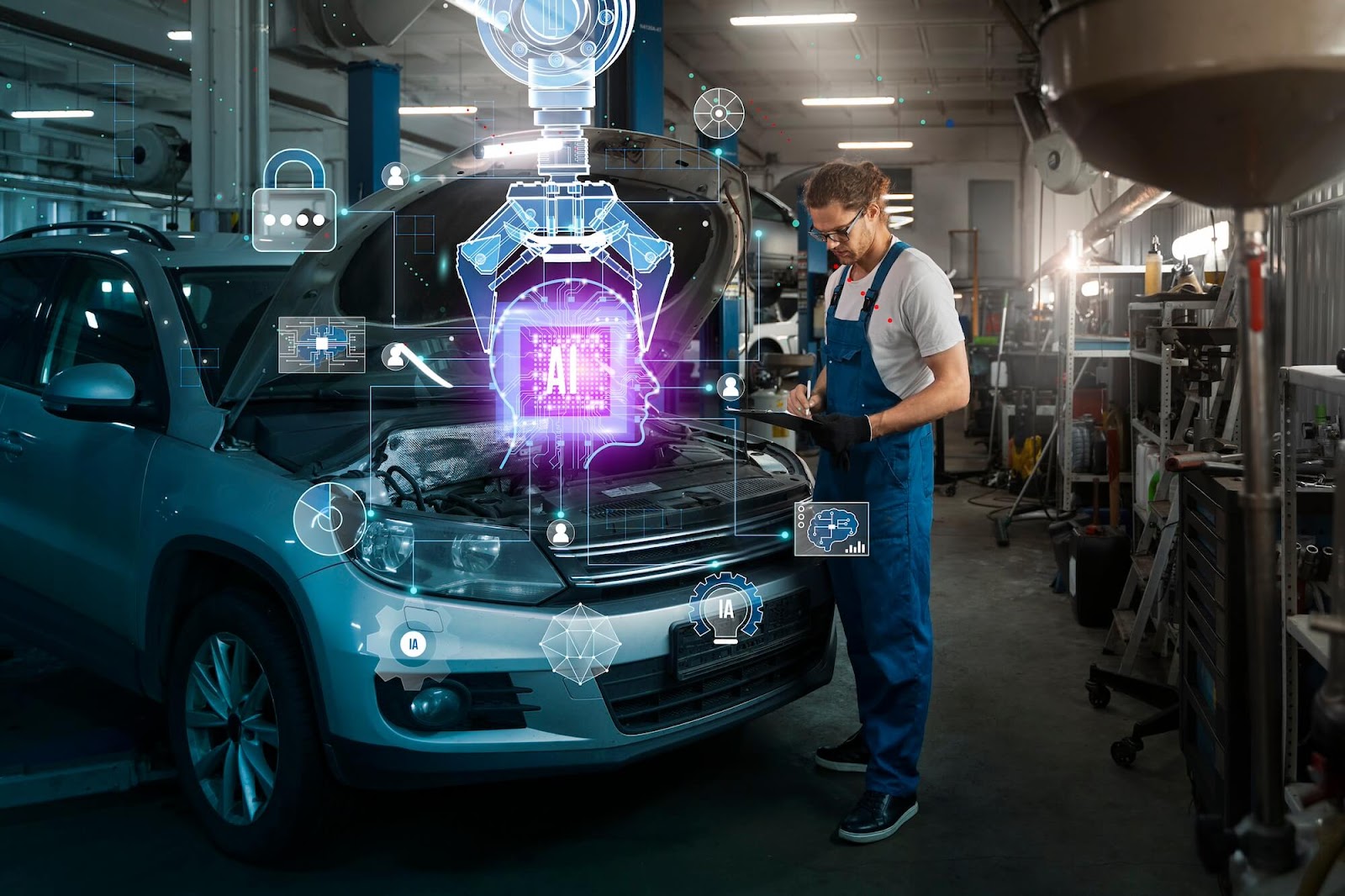
A Roadmap for the Personalization of Transport
The future of automobile personalization is at an exciting point. Technology continues to advance rapidly, and consumer expectations continue to change. Looking ahead, it’s clear that several emerging trends point to a significant transformation in the design and development of vehicles. Here are four emerging trends that companies should be focusing on:
1. Emergence of More In-Car Personalization
The increasing influence of smartphones and cloud services in our daily lives drives consumer expectations towards more sophisticated in-car personalization. Vehicles are evolving from mere modes of transportation into extensions of our digital lifestyles.
This shift is about advanced infotainment systems and encompasses a holistic approach to the driving experience. Future cars will likely offer more personalized settings like:
- Seat positions
- Climate control
- Entertainment preferences
- Driving modes
Each of these is customized to suit consumer-specific preferences and routines. Personalized recommendations will be provided for the following, going beyond just the physical aspects:
- Routes
- Nearby amenities
- Even predictive alerts for maintenance needs.
2. Increased AI Integration
Artificial Intelligence (AI) is set to play a pivotal role in the future of automotive personalization. AI can offer unprecedented customization with its ability to learn from user behavior. From predictive navigation systems that anticipate your destination based on time and day to voice assistants that understand your preferences and respond accordingly, AI integration will make vehicles more intuitive and attuned to the driver’s needs, enhancing convenience and safety.
3. The Pivotal Role of Software-Defined Architecture
The transition towards software-defined vehicles is a critical aspect of this future landscape. This approach enables cars to receive over-the-air updates, like smartphones, ensuring they are always equipped with the latest features and improvements. The software-defined architecture allows for greater flexibility and customization. This software enables manufacturers to offer a range of features tailored to individual preferences and even updated post-purchase. This model enhances the user experience and extends the vehicle’s lifecycle, as updates can keep the car current with the latest technology trends.
4. Transformation into Intelligent, Responsive Companions
The culmination of these trends signifies a transformation of vehicles into intelligent, responsive companions. Future vehicles will understand our preferences and respond to our commands and proactively assist us in our daily routines. Continuous data analysis will support this evolution, ensuring the vehicle’s personalization capabilities advance over time and adapt to shifting user needs and preferences.
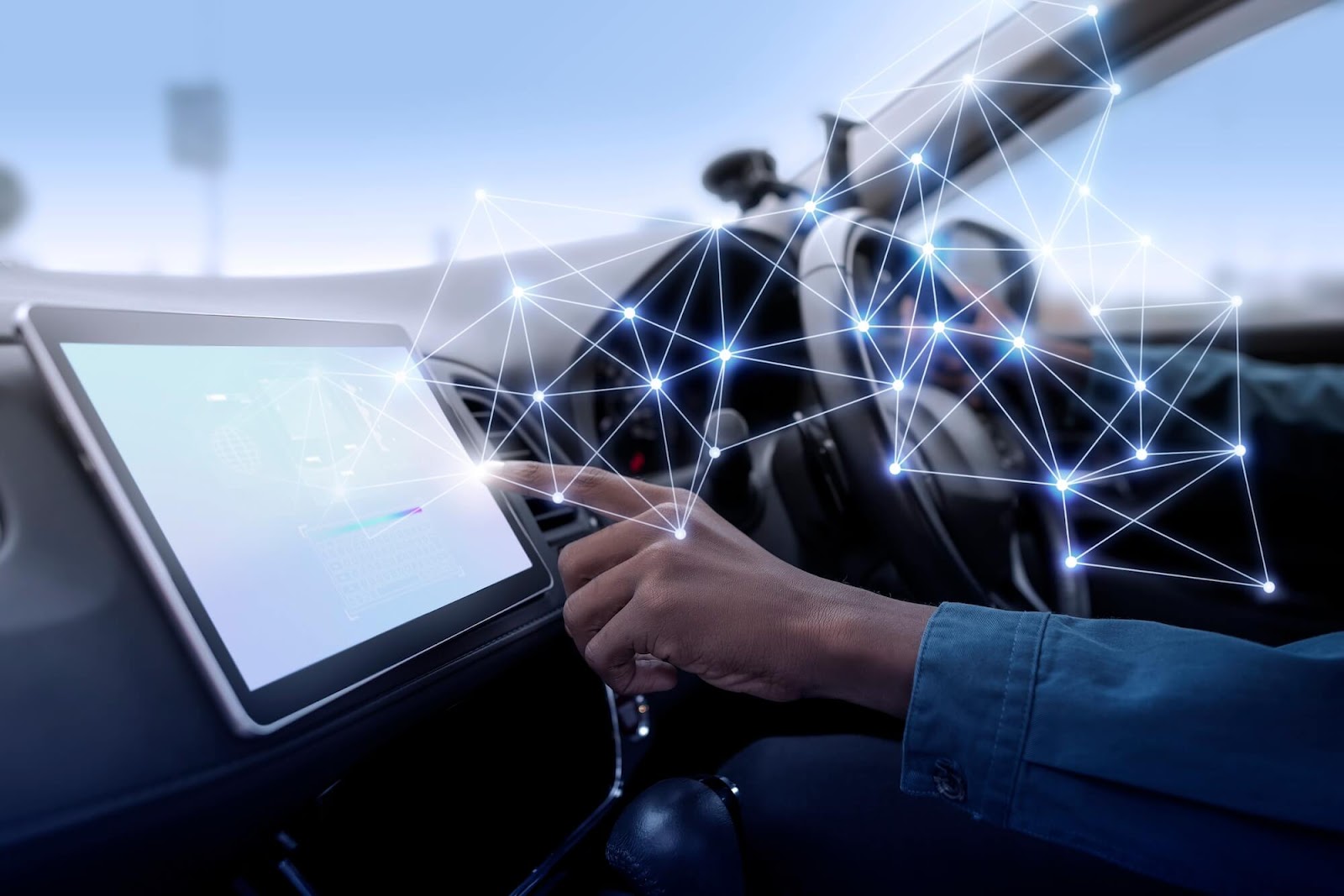
Charting the Course for a Personalized Automotive Future
The automotive industry is transforming remarkably, with personalization emerging as its central theme. This evolution transcends mere technological advancements; it signifies a profound shift in enhancing customer engagement and loyalty.
The future of personalization in the automotive industry is bright and promising, certain to redefine the relationship between vehicles and their users. It opens a horizon brimming with opportunities for the following:
- Innovation
- Tailored experiences
- Heightened customer satisfaction.
As we navigate this exciting future, the focus on personalized automotive experiences will undoubtedly continue to shape the industry, offering a more connected, intuitive, and satisfying journey for drivers worldwide.
